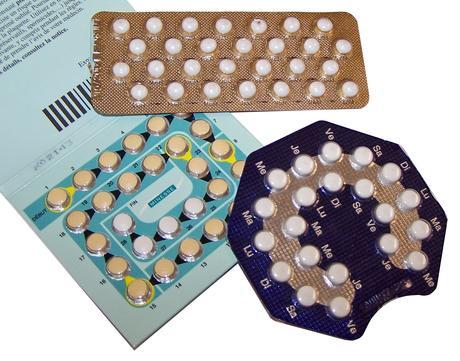
Teen girls need birth control access, too
The current feminist discourse surrounding women’s reproductive rights is crucial, especially considering that our access to these rights is dwindling and under constant attack. But it seems this conversation often fails to represent an important group: teen girls. While some lip service is paid to issues like mandatory parental consent for minors accessing birth control, it seems this demographic is often overlooked when it comes to their specific concerns about their reproductive rights. Activists can’t forget, however, that making birth control attainable for minors is an important part of this fight.
Many young women don’t realize how recently birth control-related rights were won in this nation. Birth control has been a constitutional right since Griswold v. Connecticut in 1965, but this landmark case only applied to married couples: Unmarried people weren’t granted the right to birth control access until the 1972 case Eisenstadt v. Baird.
But teen girls are still hardly able to easily access birth control in the United States. Only 20 states currently allow minors to obtain birth control — many only under limited circumstances, according to Guttmacher. Of the 26 states that do allow minors to consent to contraceptive services under all circumstances, physicians can still choose to inform the minor’s parents about their decision in some states. Additionally, minors in many of these states are only permitted access if they face potential health hazards, if they’re married, are a parent or have ever been pregnant, or even if they elusively “demonstrate maturity.”
These restrictions hardly jive with the reality of many young women’s lives. First, barring access to birth control based on one’s age makes a simplified claim about what constitutes sexual maturity. Puberty is highly variable and can occur at very different points in individuals’ lives: Legalizing a blanket understanding of when this process occurs, therefore, makes little sense. and hardly benefit young women: In fact, they actually lead to reduced use of contraceptives and higher teen pregnancy rates.
Additionally, the age of consent to contraceptive services is higher than the age of consent for sexual activity in many states. If a person can legally make the choice to have sex, than they should be able to make a responsible choice about their sexual health. And the truth is, many teen girls are making that choice: 61% of 18-year-olds have had sex in this country, according to Guttmacher. It should be easy for those who are sexually active to protect themselves from unwanted pregnancies, STIs, and to generally have a say over their reproductive health.
Of course, while young women deserve access to birth control, it’s also imperative that physicians and educators counsel and educate minors about how to make the best and most responsible possible choice. Sex education classes, including education about birth control, should be required in high schools. The negative side effects, proper use, and consequences of improper use of birth control should be taught to young adults, as should information about how each method works. Especially when parents aren’t involved, physicians should make sure to educate their patients about all methods of contraception available to them and follow up with them in order to ensure they’ve made the best decision about their healthcare.
The fight for teens’ access to birth control should be more seamlessly integrated into the broader fight to protect reproductive health and rights in this country. Efforts to legally restrict minors’ access to birth control are hardly slowing down, and while many minors are outspoken in their attempts to advocate for themselves, they don’t occupy the same position of power that older feminists do. Feminist liberation must be a collective effort on all fronts — including age and reproductive rights.

